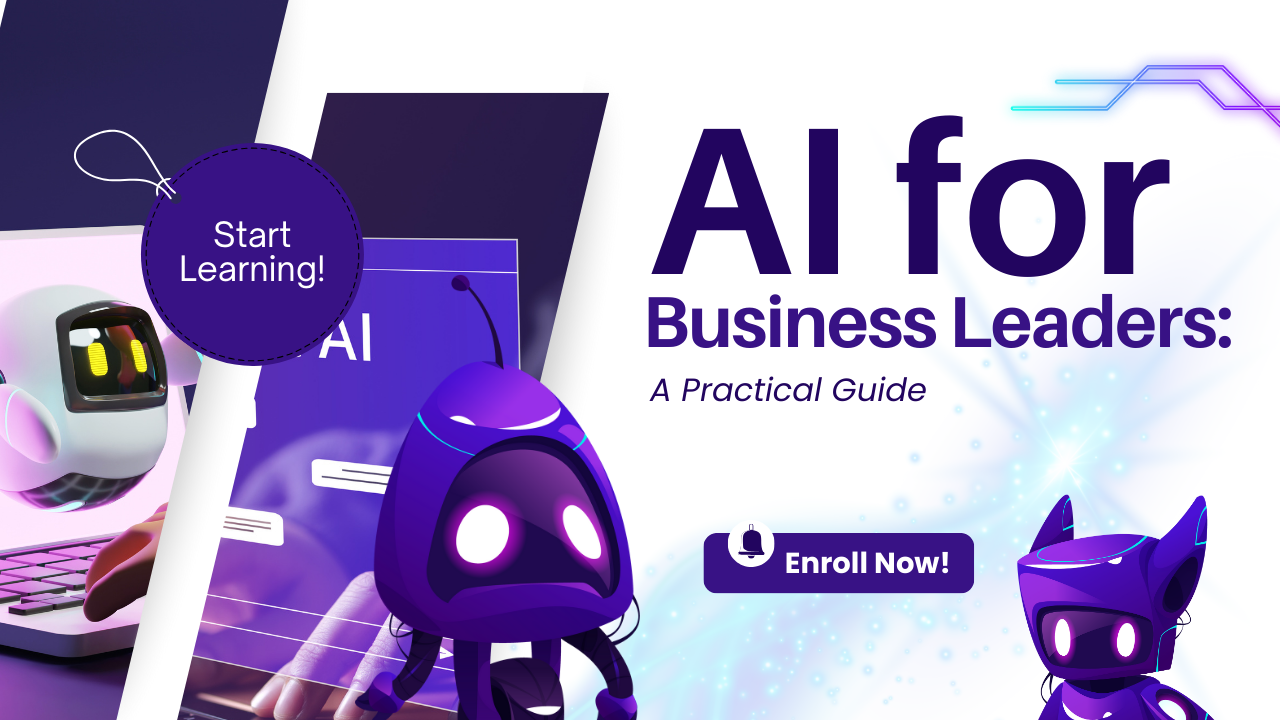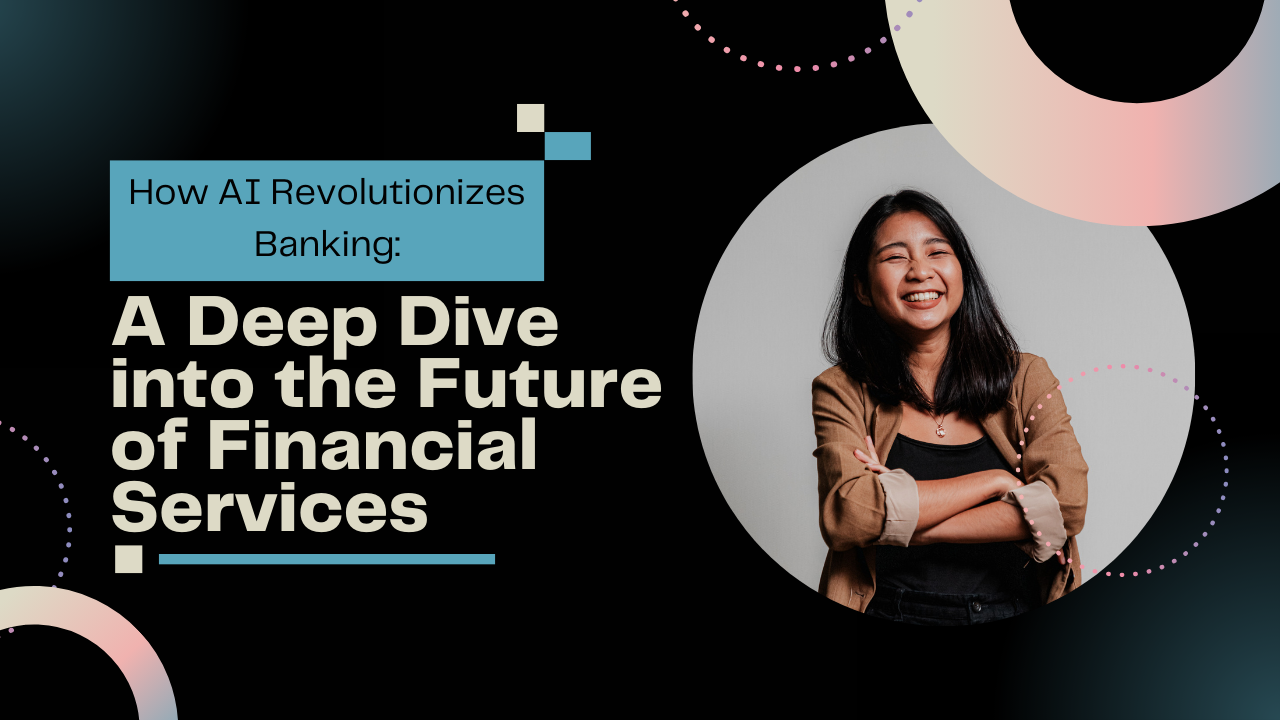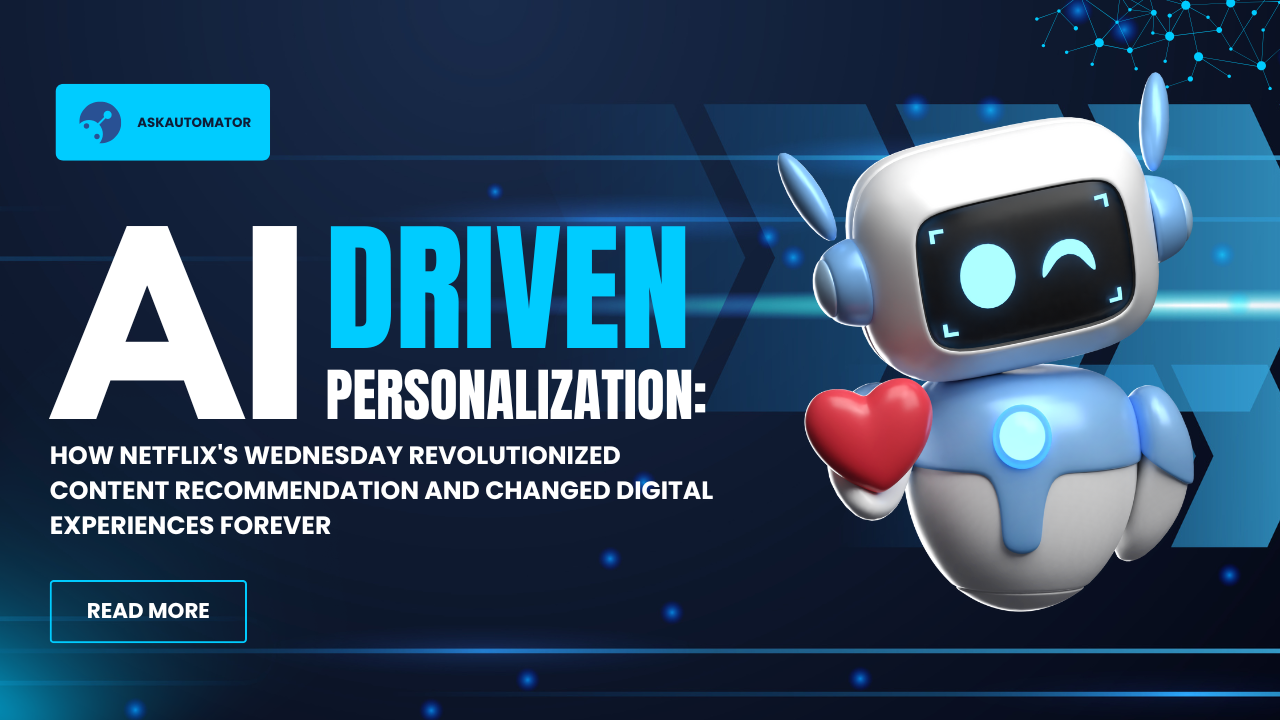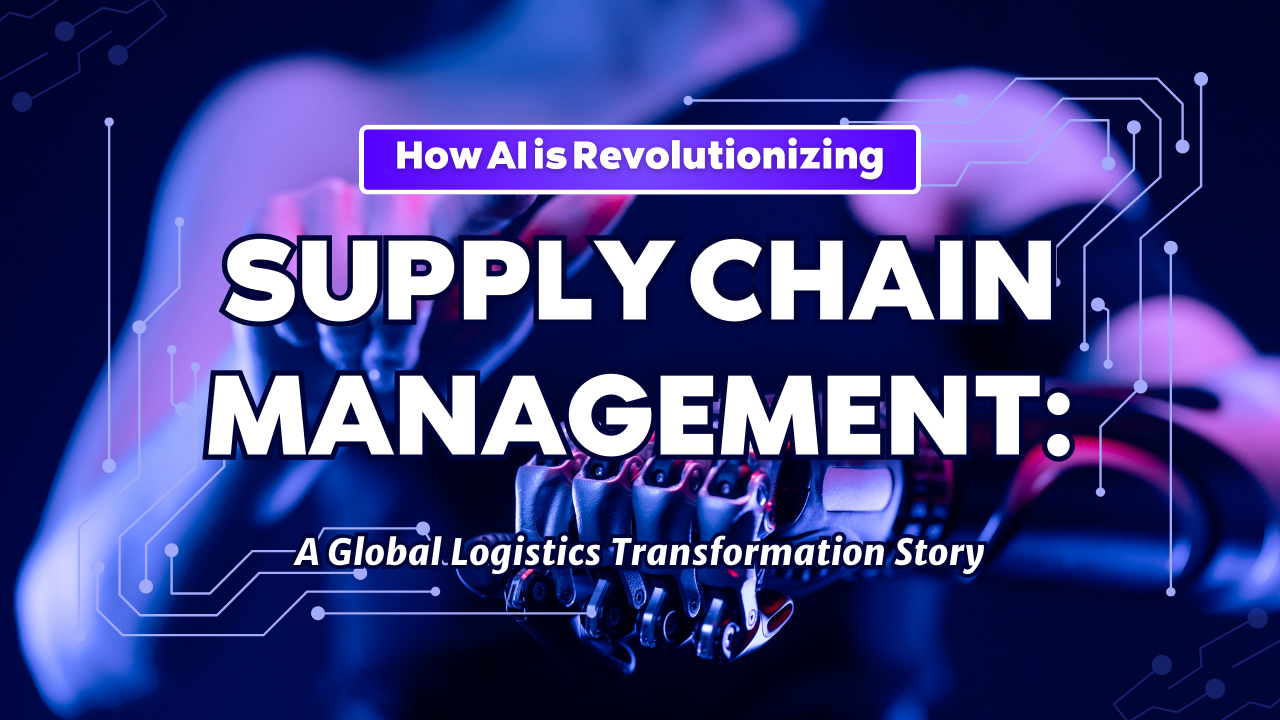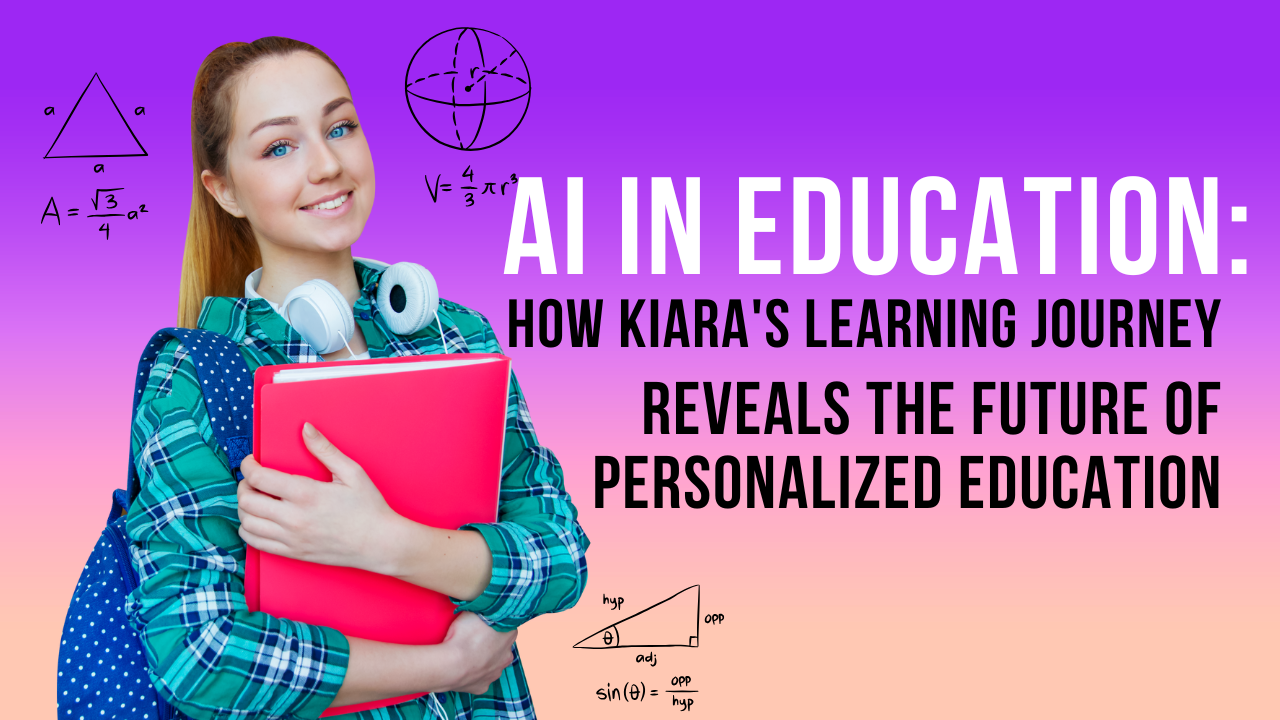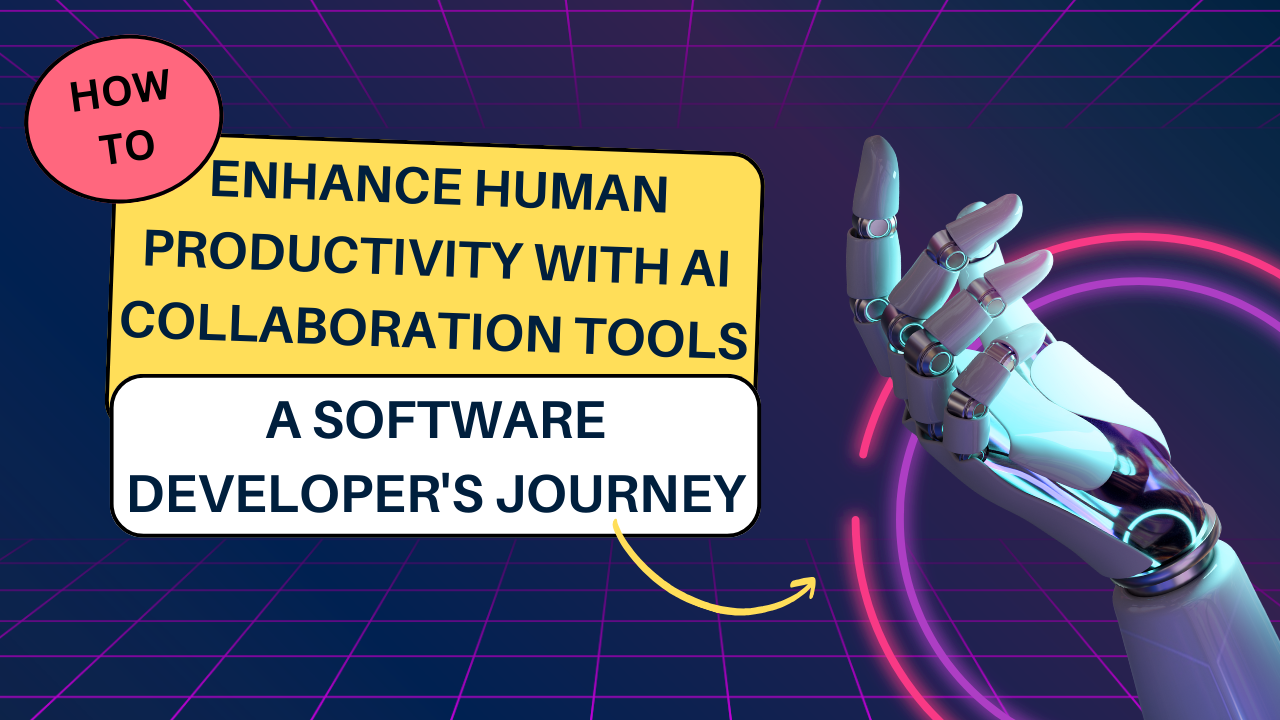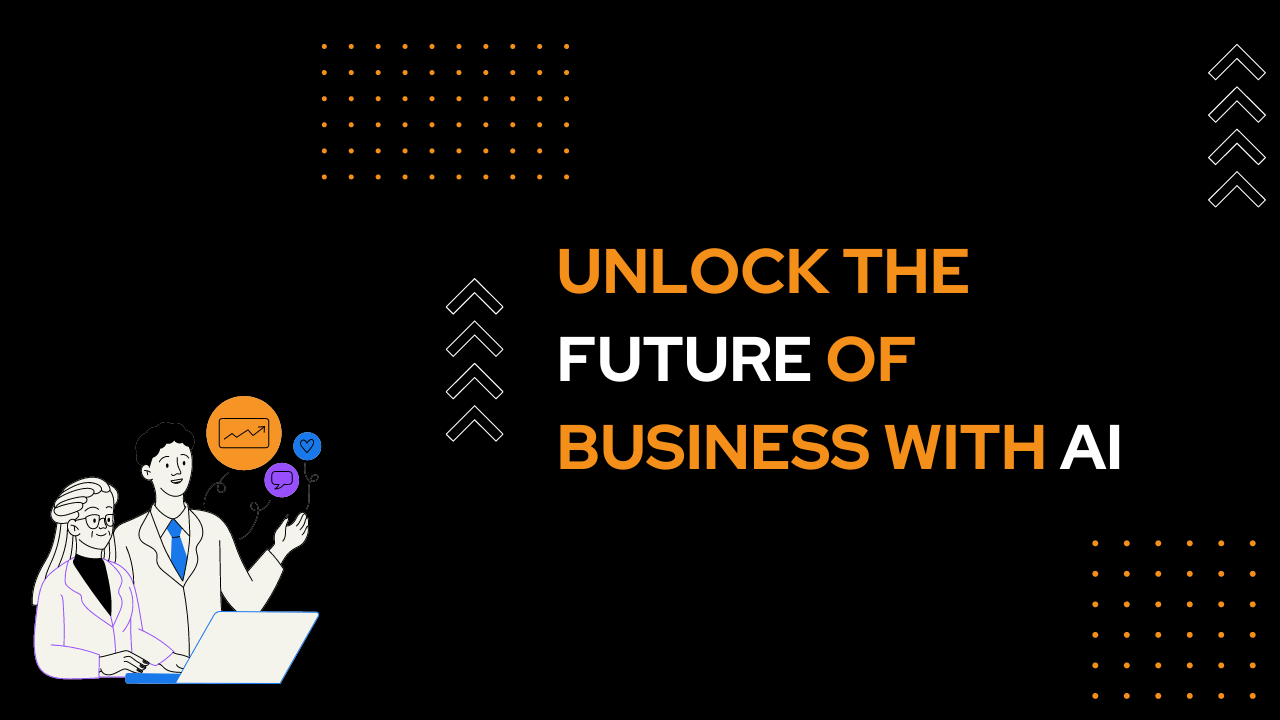In the bustling heart of Silicon Valley, Payal Chen, a veteran banker with twenty years of experience who transformed into a fintech innovator, sits in her sunlit office at FirstTech Bank. As she reviews the quarterly performance reports, she can’t help but marvel at how artificial intelligence has fundamentally transformed her institution over the past five years. Her story serves as a compelling example of the remarkable evolution of financial services through AI integration, touching every aspect of banking operations and customer experience.

The Wake-Up Call: The $2 Million Fraud Attempt That Changed Everything
It all began on a seemingly ordinary Tuesday morning in 2023 when Payal received an urgent alert about a suspicious $2 million transaction attempting to drain a corporate client’s account. While the bank’s traditional security systems had flagged it as potentially legitimate due to the transaction originating from a known IP address, their newly implemented AI-powered fraud detection system painted a completely different picture.
“That was our definitive moment of truth,” Payal recalls, adjusting her glasses as she pulls up the historical data. “Our machine learning algorithms detected subtle patterns in the transaction timing, amount sequencing, and user behavior that would have been virtually impossible for human analysts to spot in real-time. The fraudsters had spent months establishing a seemingly normal pattern before attempting their big hit.”

1. AI-Powered Fraud Detection and Security: Building an Impenetrable Defense
The attempted fraud at FirstTech Bank became the catalyst that prompted Payal to dive deeper into AI security solutions. After extensive research and testing, she partnered with industry leaders including Feedzai and DataVisor, who provided cutting-edge financial crime prevention software. The implementation yielded remarkable results that transformed their security infrastructure:
- The implementation of advanced AI security systems resulted in a 92% reduction in false positives, which had previously caused significant friction with legitimate customers who found their transactions unnecessarily flagged for suspicious activity, leading to improved customer satisfaction and reduced operational overhead.
- Through the integration of sophisticated pattern recognition algorithms, the security team witnessed a 47% increase in fraud detection accuracy, allowing them to prevent numerous sophisticated attacks that might have otherwise slipped through traditional security measures and potentially saved millions in potential losses.
- The deployment of real-time monitoring capabilities enabled the simultaneous analysis of millions of transactions, a task that would have required an impossible number of human analysts to achieve manually, while maintaining consistent accuracy and response times across all monitored activities.
“We’re now utilizing sophisticated deep learning models that analyze hundreds of data points per transaction,” Payal explains, pulling up a complex dashboard on her dual monitors. “From advanced device fingerprinting to innovative behavioral biometrics, every single customer interaction tells a story that our AI systems can interpret in milliseconds.”

2. The Rise of AI Financial Advisors: Democratizing Investment Management
Following the successful security upgrade, Payal noticed another pressing challenge: their wealth management division was struggling to serve younger clients effectively and scale their services to meet growing demand. This observation led to the implementation of sophisticated robo-advisors and automated portfolio management systems.
FirstTech Bank implemented Betterment‘s enterprise solution, complemented by their proprietary AI-driven investment platform. The comprehensive system considers multiple factors to provide personalized investment advice:
- The AI-powered platform conducts thorough analyses of individual risk tolerance through sophisticated questionnaires and behavioral assessment algorithms, creating detailed investor profiles that adapt over time based on changing circumstances and market conditions.
- The system continuously monitors global market conditions using advanced real-time market data analytics, incorporating macroeconomic indicators, company fundamentals, and market sentiment to make informed investment decisions.
- Through implementation of dynamic portfolio rebalancing algorithms, the platform automatically adjusts investment allocations based on market movements and changing client circumstances, ensuring portfolios remain aligned with client goals while maintaining optimal risk-adjusted returns.
“Our algorithmic trading systems now manage over $500 million in assets,” Payal notes with pride. “But we’ve maintained the crucial human touch where it matters most, using AI to enhance rather than replace our financial advisors’ capabilities.”

3. Personalized Banking Experience: The Future of Customer Interaction
The success with robo-advisors inspired Payal to revolutionize their retail banking experience. Using cutting-edge predictive analytics and natural language processing, FirstTech developed a personalized banking assistant named “FIN” that transformed how customers interact with their finances:
- The implementation of sophisticated customer data analytics enables FIN to analyze years of transaction history, spending patterns, and financial behaviors to create highly personalized financial recommendations and insights that help customers make better financial decisions.
- Through advanced behavioral patterns analysis, FIN learns from each customer interaction to provide increasingly relevant and timely suggestions, from expense management tips to investment opportunities that align with individual financial goals and risk preferences.
- The integration of AI-powered credit scoring models allows for more nuanced and accurate assessment of creditworthiness, considering non-traditional data points that traditional scoring methods might miss, resulting in fairer lending decisions and improved access to financial services.
4. Streamlined Lending and Credit Decisions: Revolutionizing Access to Capital
The next frontier in FirstTech’s AI transformation journey focused on lending operations. By integrating sophisticated machine learning algorithms into their loan approval process and partnering with Upstart‘s AI lending platform, they achieved remarkable improvements:
- The implementation of AI-driven loan processing systems resulted in a 48% reduction in loan processing time, enabling faster decisions while maintaining thorough risk assessment protocols and regulatory compliance.
- Through advanced risk modeling and alternative data analysis, the bank experienced a 35% decrease in default rates across all loan categories, demonstrating the superior accuracy of AI-powered credit assessment methods.
- The deployment of machine learning models for credit risk assessment enabled more accurate evaluation of thin-file borrowers and those with non-traditional credit histories, expanding access to financial services while maintaining prudent risk management.
5. Enhanced Customer Service with AI: The Human-Machine Partnership
Payal’s team implemented an advanced chatbot system powered by OpenAI’s GPT-4, revolutionizing customer service operations while maintaining high satisfaction levels:
- The AI-powered customer service system successfully handles 80% of routine customer queries, including account inquiries, transaction disputes, and basic product information requests, allowing human agents to focus on more complex issues requiring empathy and nuanced understanding.
- Through continuous learning and refinement, the virtual assistants have developed the ability to recognize customer sentiment and escalate sensitive situations to human agents when necessary, ensuring appropriate handling of delicate customer issues.
- The implementation of AI-driven customer service has resulted in a 60% reduction in average response time while maintaining a 94% customer satisfaction rating, demonstrating the effectiveness of the human-AI collaborative approach.

6. Regulatory Compliance and Risk Management: Automating Complexity
To address growing regulatory challenges, FirstTech deployed sophisticated RegTech solutions using IBM’s Watson RegTech platform, yielding significant improvements in compliance operations:
- The implementation of AI-powered compliance monitoring systems enables real-time tracking of thousands of regulatory requirements across multiple jurisdictions, ensuring consistent compliance while reducing manual oversight requirements.
- Through advanced risk management automation, the bank now processes and analyzes vast amounts of data to identify potential compliance issues before they become problems, significantly reducing regulatory risks and associated costs.
- The deployment of AI-driven regulatory reporting systems has improved accuracy and efficiency, reducing reporting errors by 75% while cutting preparation time by 60%.
7. Future-Proofing with Blockchain and AI: The Next Frontier
Payal’s latest initiative involves integrating blockchain technology with AI to create a new paradigm in banking services:
- The implementation of smart contracts powered by AI has automated complex financial agreements and transactions, reducing processing time and eliminating many sources of human error in contract execution.
- Through the integration of AI-powered digital payments systems with blockchain technology, the bank has achieved near-instantaneous settlement times while maintaining robust security and compliance standards.
- The development of AI-driven cryptocurrency trading platforms has positioned FirstTech at the forefront of digital asset management, offering clients secure and efficient access to emerging financial markets.
Results and Impact: Quantifying the AI Revolution
Five years after implementing these comprehensive AI solutions, FirstTech Bank has achieved remarkable results:
- The bank has recorded a 156% increase in customer satisfaction scores, primarily driven by faster service delivery and more personalized financial solutions.
- Operational costs have decreased by 43% across all departments, while service quality and compliance standards have improved significantly.
- Risk assessment accuracy has improved by 67%, leading to better lending decisions and reduced loan losses.
- Transaction processing speed has increased by 89%, improving customer experience and operational efficiency.

The Road Ahead: Emerging Trends and Future Developments
As Payal looks to the future, she identifies several key areas for continued innovation:
- The integration of quantum computing with existing AI systems promises to revolutionize complex financial modeling and risk assessment capabilities.
- Advanced predictive modeling techniques are being developed to provide even more accurate forecasting of market trends and customer behavior.
- Enhanced personalization capabilities will enable truly customized financial services that adapt in real-time to changing customer needs and market conditions.
“The future of banking isn’t just about AI,” Payal concludes, looking out over the Silicon Valley skyline. “It’s about using AI to make banking more human, more accessible, and more secure. We’re not just building better banks – we’re creating financial institutions that truly understand and serve their customers’ needs.”
Payal’s journey at FirstTech Bank demonstrates how AI can revolutionize financial services when implemented thoughtfully and systematically. From that first prevented fraud attempt to today’s fully integrated AI ecosystem, FirstTech Bank exemplifies the potential of AI in finance, setting a benchmark for the industry and proving that the future of banking lies in the successful marriage of artificial intelligence and human expertise.

